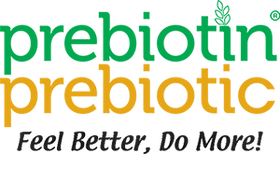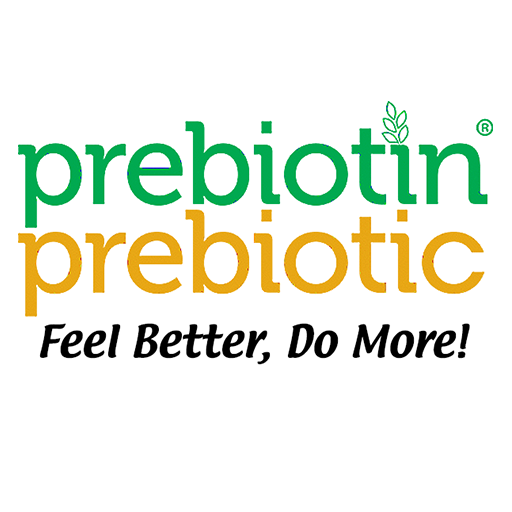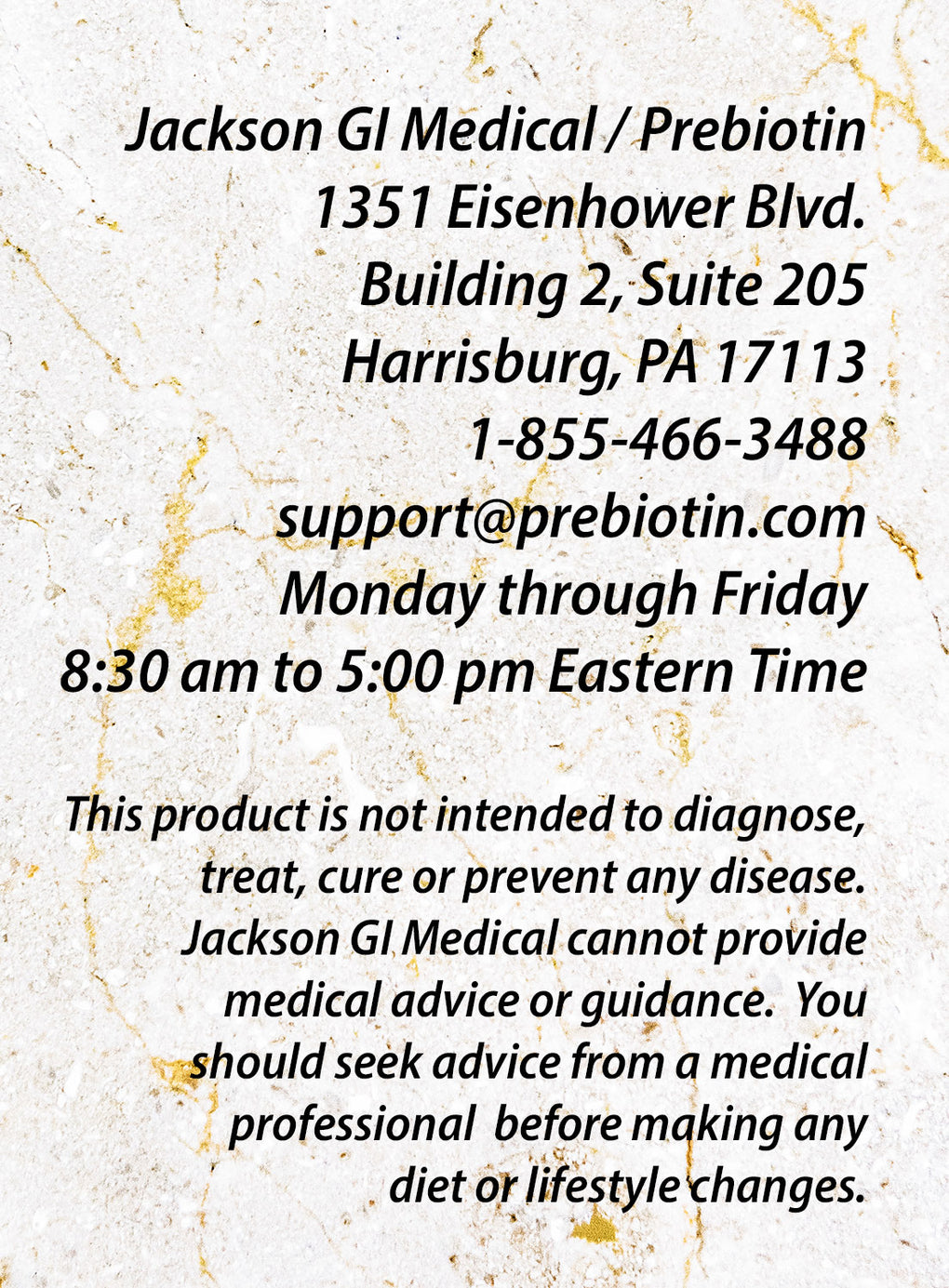Military Gut Microbiome: Unique and Universal
Retired 27 year USN Veteran, Now a Doctor of Natural Medicine Explains
"Give yourself permission to achieve your best health possible!"
Guest Blog by Dr. Gerda Edwards, PhD, DNM, FDN
Updated November 17, 2019

Our chronic health challenges are on the rise, affecting at least one of every two of us Americans today. This statistic could include you, a family member, friend, co-worker, or someone you meet in your daily activities. What if I told you that keeping your immune system healthy with a targeted regimen of probiotics and a maintenance dose of prebiotics can prevent or correct some of those health challenges?
As a retired Navy Captain having served in the Gulf region for six years, I know first-hand about the epidemic of health challenges you face as active duty military and family members. I understand that most of your career is served in extremely demanding and stressful conditions where developing a serious health challenge can be just a matter of time. For those of you wearing the uniform, it means enduring several deployments with exposure to different challenging elements, enduring long days, and staying at peak performance with little sleep and limited nutritional support.
“For those of you wearing the uniform it means enduring several deployments with exposure to different elements, enduring long days, staying at peak performance with little sleep and limited nutritional support.”
For the families at home, it means high-stress levels associated with having to “do it all” while keeping the faith that your loved one comes home safely.
Stress – it’s more than you think…
Chronic stress eventually takes a toll on your health, most notably your immune system, 80% of which is part of your gut microbiome.
The concept of chronic stress extends way beyond feeling stressed or hurried. It includes physical stress such as parasites, bad bacteria, candida, mold, chemicals, heavy metals, and emotional stressors. Any one or more of these stressors can add up to a measure of your toxic burden.
When this burden becomes more than you can handle, the body responds with unexplained symptoms such as depression, gastrointestinal stress, joint pain, fatigue, brain fog, inflammation, anxiety, or a headache.
The financial strain of military healthcare costs and self-care possibilities that could reduce it.
The Department of Defense acknowledges that health care is a priority for each one of you. The Military Health System (MHS) supports a total of 9.6 million beneficiaries with a 2020 requested fiscal year budget of $49.5 billion dollars.
In their budget, the Department of Defense includes the medical cost of recent wars as a reason for increased expenditures. I would estimate that the chronic health challenges experienced by 50% of our military population extends to the military family unit as well, further impacting the budget.
This is a time of fiscal constraint. Controlling health care costs is a top MHS priority as projections approach 70 billion dollars by the fiscal year 2028. As a cost reduction initiative, MHS advocates a continuous effort of prevention as well as addressing health determinants or causes. Your body has a tremendous ability to stay healthy, as well as quickly heal, given the right tools. There is so much you can do as self-care to prevent illness and avoid the cost of a doctor’s visit or lifelong medication. One way to stay healthy is to reduce your toxic burden and let a healthy microbiome do its job.
“One way to stay healthy is to reduce your toxic burden and let a healthy microbiome do its job.”
Let’s explore why the microbiome is so important to veterans and to all of us…
For the 700,000 veterans who served in the Gulf War and suffer from unexplained symptoms of neuroinflammation, gastrointestinal, and chronic fatigue symptoms called Gulf War Illness (GWI), there is finally a breakthrough in finding a determinant and a solution.
A recent study by The University of North Carolina examined a series of unique symptoms associated with GWI and have traced them to pesticide and insecticide chemical exposure. Earlier I talked about chemical exposure being one of the top stressors in the body.
This study correlated specific Gulf War toxic chemicals to alterations in the gut microbiome which were then linked to the unique symptoms of GWI. The findings showed that a compromised microbiome became a pathway for health challenges.
What is the true relevance of this study? To answer that question, I’d like to raise your awareness about the microbiome and the role of probiotics and prebiotics. This is still a very new area of research.
“For the 700,000 veterans who served in the gulf war and suffer from unexplained symptoms of neuroinflammation, gastrointestinal, and chronic fatigue symptoms called Gulf War Illness (GWI), there is finally a breakthrough in finding a determinant and a solution.”
Not all bacteria are bad!
Your body has around 37.2 trillion cells and an estimated 70-100 trillion bacteria that represent an amazing population of an estimated 30,000 distinct species. Your gut (small and large intestine) is home to 95% of this harmonious family of bacteria, which is the hub of intelligence for optimum digestive and immune functions.

Without microbiota, there is no immune system!
A key point is that the makeup of the microbiota is unique to you, almost like a fingerprint. The bacteria that reside in your body may not be harmonious for someone else.
A healthy gut has an abundance of beneficial bacteria attached to the mucosa. Tight junctions between the cells serve as a gateway where toxins, chemicals, bad bacteria, and foreign invaders are kept out of the body by the colonies of beneficial bacteria. The surface of the small intestine is lined with structures called villi which help with nutrient absorption.
Chemicals are your microbiome’s worst nightmare.
It’s hard to believe we are all exposed to thousands of invisible chemicals daily. You don’t need to have served in the Gulf or work in a chemical plant. Our food is loaded with preservatives, colors, antibiotics, and chemicals. It’s packaged in aluminum cans, plastic wrap, and styrofoam, all of which leach chemicals into the food and drink we consume, not to mention harming our environment.
Your outside environment is more than likely sprayed with pesticides that you breathe and absorb through the skin.
Over time, these chemicals increase your toxic burden. They start to kill off the good bacteria, inflame the gut, and separate those tight junctions, causing a condition called leaky gut.
For the families at home, it means high-stress levels associated with having to “do it all” while keeping the faith that your loved one comes home safely.
Who isn’t stressed?
Another source of leaky gut is emotional stress. An emotional stress response to a situation is meant to be acute, meaning that it’s turned on then turned off. In the fast-paced, high-stress military environment your stress level can become chronic and never turn off. Your normal state then becomes a fight or flight mode.
Fight or flight naturally changes the physiological processes in the body that prepare you to react to a threat. It produces the hormone cortisol to give the body that “go power,” while decreasing unnecessary functions such as digestion.
A constant flow of cortisol will eventually fatigue the adrenals, causing those tight junctions in the gut to separate and blunting the villi. Out of the starting gate, you start feeling more fatigued and have opened the door for foreign invaders to enter the body and degrade your body’s ability to absorb nutrition.
Leaky gut untreated?
Bad bacteria transit through the opened junctions, flooding your body with their toxins as they overrun the friendly bacteria. If really bad bacteria such as the Pseudomonas or Klebsiella strain proliferate your microbiome, it can take out your entire ecosystem. An imbalanced state between the good and bad bacteria is called dysbiosis:
- Putrefaction dysbiosis can slow down bowel movements and create symptoms of depression, memory loss, sleep issues, joint pain, and muscle weakness.
- Fermentation dysbiosis can cause bloating, constipation, fatigue, and gas. This often results from constipation.
- Deficiency dysbiosis is the absence of beneficial bacteria and can lead to food sensitivities and irritable bowel syndrome.
Any dysbiosis can create hormone imbalances, vitamin B deficiencies, high cholesterol, bruising, infections, rashes, asthma, and skin issues. If not reversed, the dysbiosis can progress over time possibly stimulating the immune system to excess, changing the efficiency of cells, invading tissue with endotoxins, and creating damage to the heart, kidneys, liver, and joints.
Imagine how many doctor’s appointments and medications can potentially be associated with managing the symptoms of leaky gut and dysbiosis!
If not reversed, the dysbiosis can progress over time, possibly stimulating the immune system to excess, changing the efficiency of cells, invading tissue with endotoxins, and creating damage around the heart, kidneys, liver, and joints.
Things to know about the limitations of probiotics —
While some people believe that probiotics will bring the bacteria back into alignment, there are three aspects of probiotics to consider:
First, no two people share the same microbiome; it is unique to you. Not all strains of bacteria will be harmonious to your unique digestive system. I’ve seen many clients who cannot tolerate many off-the-shelf probiotics for this reason. It doesn’t mean probiotics are bad, it just means you need to find a brand that is right for you.
Second, probiotics do not thrive outside of their natural environment. Most probiotics on the market range from 3 billion to 100 billion in strength. It’s questionable exactly how much of the good bacteria reaches your gut microbiome. Bottom line, you may not get the amount you need in pill or powder form to address your specific requirements.
Third, if you take the same few probiotic strains all the time, you may be ignoring other bacterial strains important to your health.
As a healthcare practitioner, I do recommend certain probiotic strains targeted for each client’s specific needs.
A good solution is to include fermented or cultured food in your diet. A fermented dairy product or vegetable such as sauerkraut or kimchi will infuse 10 trillion colonies of beneficial bacteria per serving into your body.
"One way to stay healthy is to reduce your toxic burden and let a healthy microbiome do its job."
Super-size your beneficial bacteria with prebiotics.
Probiotics are living creatures that need to feed on the right mix of nutrients called prebiotics.
The two superstars of beneficial bacteria are lactobacillus and bifidobacteria who thrive on prebiotics such as oligosaccharides (inulin), oligofructose, fructooligosaccharides (FOS), galactooligosaccharides (GOS), and trans-galactooligosaccharides (TOS). These strains can be measured by a comprehensive stool analysis to help evaluate your level of microbiota health.
Inulin is found in garlic, onions, and Jerusalem artichoke. However, the greatest amount of inulin is found in the root of plants such as chicory and Belgian endive. FOS-containing foods include leeks, beets, bananas, and asparagus. GOS and TOS are natural by-products of milk.
It’s not realistic to keep these foods in your diet on a regular basis, let alone eat enough of them during the day. It’s much easier to scoop a good prebiotic in a glass of water or sprinkle it over your food.
The leading prebiotic on the market, Prebiotin, features a formula of both inulin and oligofructose as the food sources, or “fertilizer” for probiotics. This full-spectrum prebiotic promotes positive bacteria action throughout the entire colon. It is also the most scientifically researched fiber in human studies over two decades.
What I like most about this company is their unwavering commitment to research to deliver the best possible product. They are currently involved in several clinical studies, two of which are funded by the National Institutes of Health (NIH).
You are in control and so is your good bacteria!
You’ve learned that there is a lot you can do to remain in good health. We know our environment is becoming more toxic, so it is important to pause and find ways to reduce your toxic burden.
Take time each week to make changes in your food source and food packaging, as well as eliminating the chemicals used in and around the home. Research in Gulf War illness (GWI) has linked pesticides to altering the microbiome. But remember, pesticides are also all around us and in our food sources.
Don’t forget to monitor your emotional stress and find ways to bring those levels down.
Finally, and most importantly, your microbiome is critical to your immune system. You must nurture it with the right probiotic food sources and prebiotic nutrients every day. Keeping your microbiome healthy will help it keep you healthy!

Dr. Gerda Edwards served in the United States Navy for 27 years, retiring with the rank of Captain. During that time, she was in the Gulf for three tours, including as the NAVCENT Assistant Chief of Staff for C4I and 5th Fleet Communications Officer. During her 2nd tour of duty in the Gulf region to include 9/11, she was in Major Command responsible for 2,500 people. In the span of her career, Dr. Gerda Edwards was awarded the Defense Superior Service Medal (DSSM), as well as three Legion of Merits (LOM), and other awards for meritorious service.
After retiring from serving her country, Gerda was drawn to a different kind of service, following a new path into natural medicine. She obtained a Ph.D. in Natural Medicine from the International Quantum University of Integrative Medicine in Honolulu, Hawaii, is Board Certified as a Doctor of Natural Medicine by the Natural Medicine Doctors and Practitioners of North America, and is trained as a Functional Diagnostic Nutrition Practitioner (FDN-P).
She is the founder and owner of Q.P. (Quantum Point) Wellness, LLC www.qpwellness.com and Better Health Disclosed, www.betterhealthdisclosed.com and specializes in helping people with chronic illness regain their well-being through the repair of cellular health, removal of pathogens, and detoxification from chemical/heavy metal toxins. Much of her work involves helping cancer patients during and post-chemotherapy/radiation, as well as those with a debilitating autoimmune disease. She is gaining trust and affirmation from many traditional medical physicians.
Dr. Gerda is a sought-after speaker and advisor to Ph.D. candidates. She is working on completing her first book called Cancer and Chemotherapy – Holistic Support and Healing. Her guest blog ties together the issues of stressors for the military and their families, as well as for the rest of us. Prebiotin welcomes her as a valuable guest contributor, and we thank her for her dedicated service to our country.
Dr. Gerda’s article is reproduced with the consent of the author, who is not employed, retained, or compensated by, or otherwise associated with Prebiotin. The opinions expressed in the article are solely those of the author. Prebiotin has not independently verified or confirmed the author’s analysis or conclusions.
A Few Recommended Resources
- NOVA Veterans Association - An organization where all Veterans/Military/Families and partners come together to be an important part of the solution for their local community.
- Real Warriors - A resource list for Military Health Care
-
abundant.life.healthbenefits@
gmail.com (202) 297-1796 A trusted source in helping to fund out of pocket expenses for holistic care not funded by Tricare or the Military Health System.
References
-
Office of the Under Secretary of Defense (Comptroller) Chief Financial Office “United States Department of Defense Fiscal Year 2016 Budget Request” February 2015. 1.
Congress Budget Office - “Approaches to Reducing Federal Spending on Military Health Care” January 2014
PLOS One “Altered gut microbiome in a mouse model of Gulf War Illness causes neuroinflammation and intestinal injury via leaky gut and TLR4 activation” March 22, 2017
Adams, Case, PhD. “Probiotics. Protection Against Infection” Logical Books 2012, 2014, 2016.
For Military Health Professionals and Military Purchasers
To learn how Prebiotin Prebiotic Fiber can empower our military to achieve better overall health and support long-term recovery or to order samples, review research information, or receive preferred pricing, please contact:
Greg Cooper
Director of Product and Business Development
Toll Free: 855-466-3488
Cell: 480-577-7846
email: greg@jacksongi.com







